MUHC in the Media - September 15, 2025
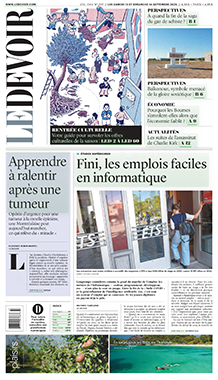
Life after a spinal cord tumor
A little over a year ago, Claudia Gbetholancy, a 31-year-old Montrealer, underwent emergency surgery at The Neuro to remove a tumour the size of an olive that was lodged in her spinal cord. The delicate four-hour operation went well. “We were able to remove the entire tumour, and we don't expect it to come back,” says Dr. Carlo Santaguida, a spinal neurosurgeon at The Neuro. The doctor, who regularly operates on patients with spinal cord tumours, says that Claudia Gbetholancy's case made a particular impression on him. “This is the first time I've seen bleeding cause such a serious neurological problem.” Le Devoir
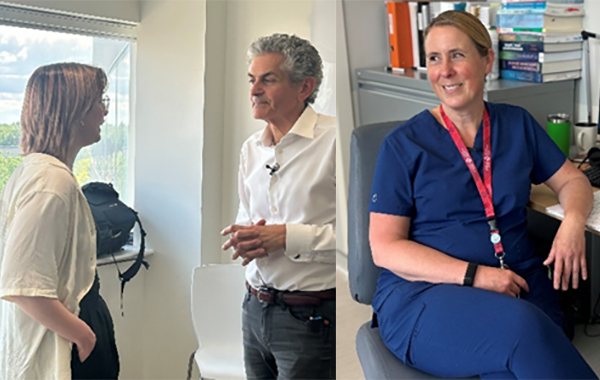
The psychological impact of intensive care finally addressed
During her second pregnancy, Élizabeth’s health deteriorated to such an extent that she had to spend a long stay in intensive care, far from her two children. Thanks to the MUHC Recovery Program, created by Dr. David Hornstein and led full-time by nurse Caroline Hardy, Élizabeth and her mother were able to share their story and shed light on an often-overlooked aspect of critical care: its psychological impact. Watch this powerful and moving video on Radio-Canada's RAD platform.
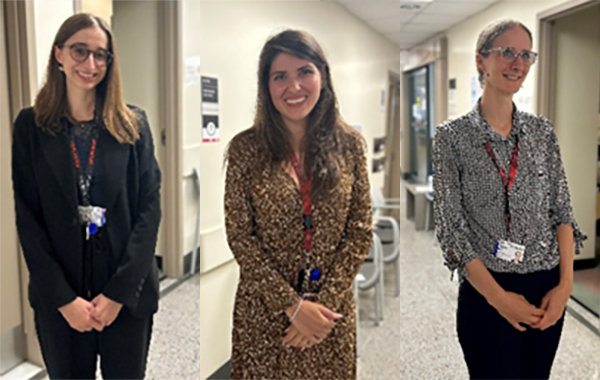
Reprogramming the brain: a new approach to chronic pain
At the Alan Edwards Pain Management Unit of the MUHC, a team of healthcare professionals works closely together to provide patients with a comprehensive approach to care, addressing both the physical and psychological aspects of chronic pain. This past spring, a first cohort had the opportunity to take part in Pain Reprocessing Therapy, an emerging and innovative approach in the field of chronic pain management. Psychologists Gabrielle Pagé and Louisia Starnino, along with nurse Amanda Gisondi, spoke about this initiative in an interview with journalist Catherine Handfield of La Presse.
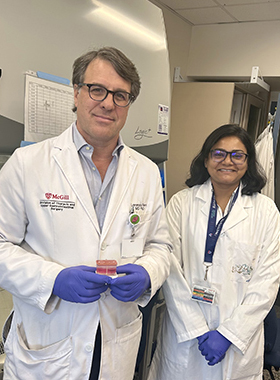
Precision medicine: an organ chip to predict response to chemotherapy
Some cancer tumours resist standard treatments, leaving patients exposed to toxic side effects without benefit. In collaboration with researchers at the Wyss Institute at Harvard, Dr. Lorenzo Ferri, together with Sanjima Pal and their team at The Institute have developed an organ chip – an innovative device that accurately predicts a patient’s response to treatment. This device recreates a patient’s tumour in miniature, together with the surrounding cells and proteins. This research, published in the Journal of Translational Medicine, has been highlighted by several media outlets. Le Soleil, Profession Santé, Noovo Info, Global News, CityNews, CBC radio

Harvest season brings hidden dangers
As harvest season is in full swing, many children and teenagers across Quebec are spending more time on farms, often lending a hand. Between 1990 and 2022, 318 children died in Canada from farm-related injuries, two thirds of which involving machinery such as tractors, front loaders and all-terrain vehicles. The Montreal Children’s Hospital (MCH) Trauma Centre urges families to keep kids and teens safe on farms, indicates Dr. Laurie Plotnick, Emergency Physician at the MCH. Global News

Montreal team partially unravels the mystery of brain orientation
Adrien Peyrache, a neuroscientist at The Neuro, talks with journalist Jean-Benoit Legault about a new study that finds visual objects preferentially activate the brain's spatial navigation system. Noovo Info
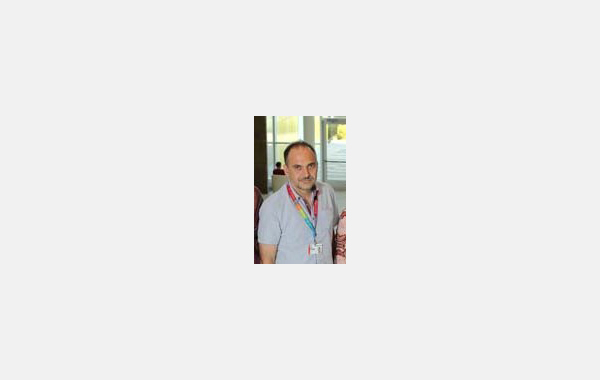
Back to school at the hospital
Many children are back in school. But what about those who can't attend because they are hospitalized or undergoing frequent hospital treatment? Theodore Mook, a patient at the Montreal Children's Hospital (MCH), and Peter Tsatoumas, a teacher at the MCH, share their experiences. CTV News
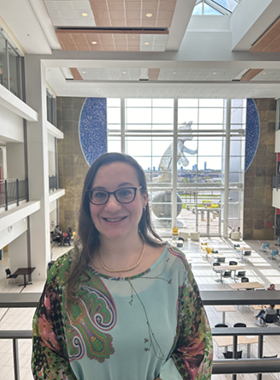
Adolescence in the age of artificial intelligence
Does your teenager use chatbots like ChatGPT? Keeping an eye on things might be a good idea. Advice from Dr. Eva-Flore Bui-Xuan, Head of the Child and Adolescent Psychiatry Department at the Montreal Children's Hospital. Noovo Info
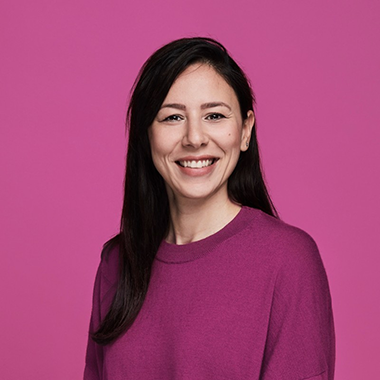
A clinic at home... or almost
A first-ever mobile pediatric clinic called DocTocToc opened in Montreal's north end to meet the health needs of children aged five and under. It's the initiative of Dr. Rislaine Benkelfat, a pediatrician at the Montreal Children's Hospital. The Suburban
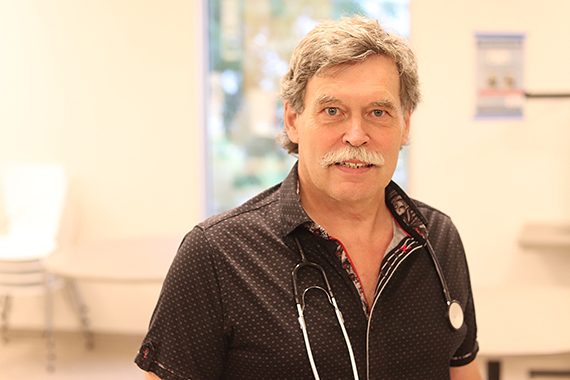
Forest fires and respiratory health
Dr. Jean Bourbeau, Director of the Chronic Obstructive Pulmonary Disease (COPD) Clinic and Pulmonary Rehabilitation Program at the MUHC and researcher at The Institute, comments on the significant impact that the increase in forest fires has on health. CHGA 97,3 FM
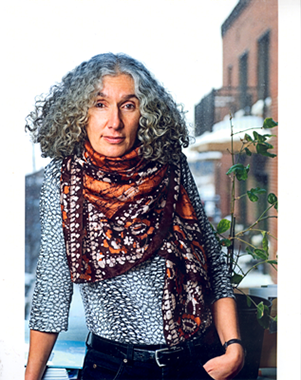
Political violence on the rise
While homicides and other types of violence are declining, politically motivated violence is on the rise, according to a study by Dr. Cécile Rousseau, a psychiatrist at the Montreal Children's Hospital and investigator at the Research Institute of the McGill University Health Centre. Le Journal de Montréal
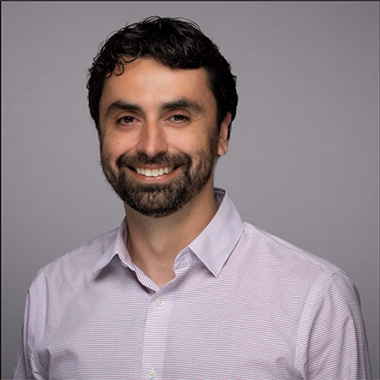
COVID-19 is increasing
COVID-19 cases have been on the rise for the past month, but no unusual surge is expected this fall, according to Dr. Jesse Papenburg, a pediatric infectious disease specialist and medical microbiologist at the Montreal Children's Hospital. La Presse
